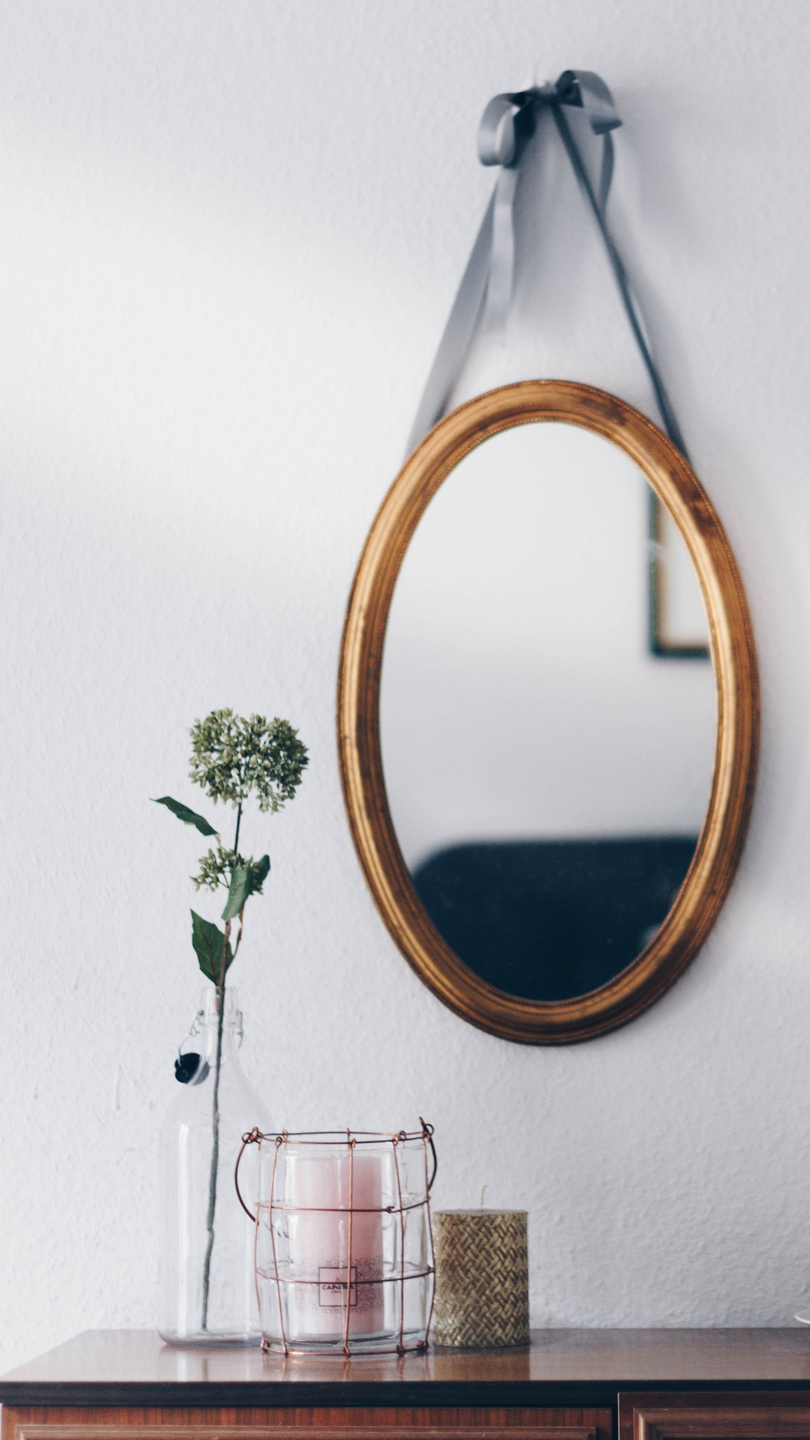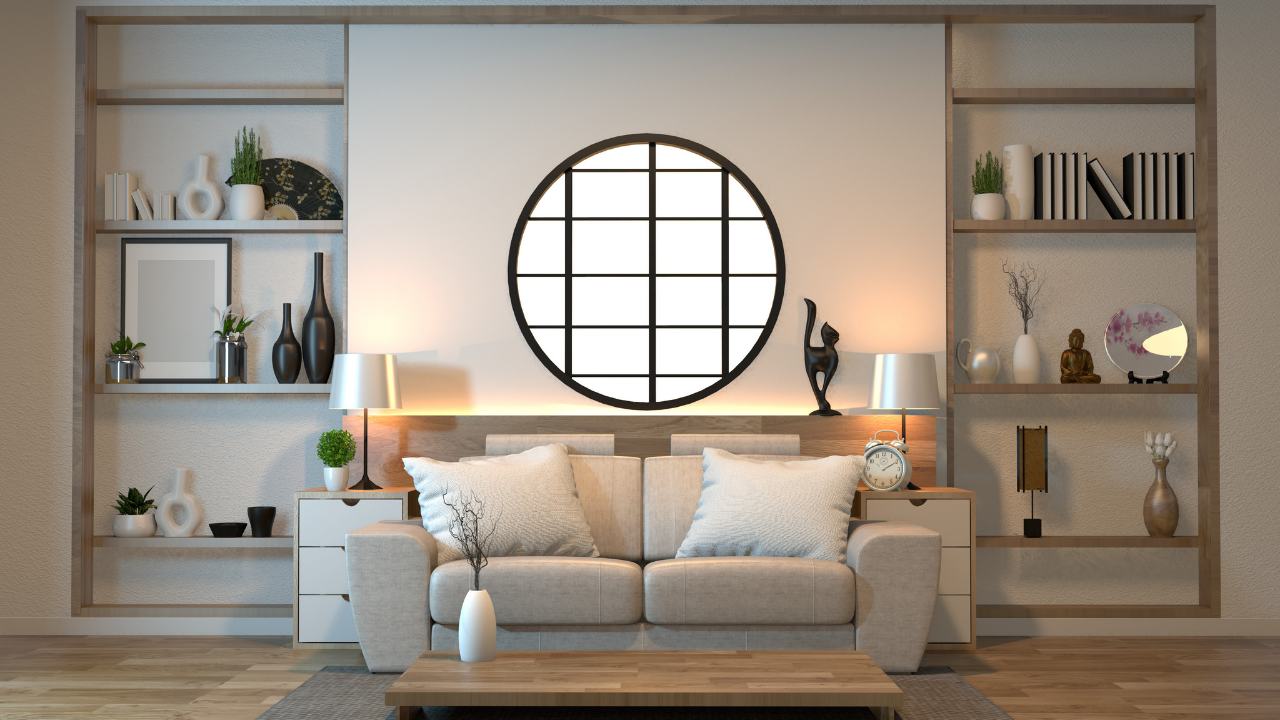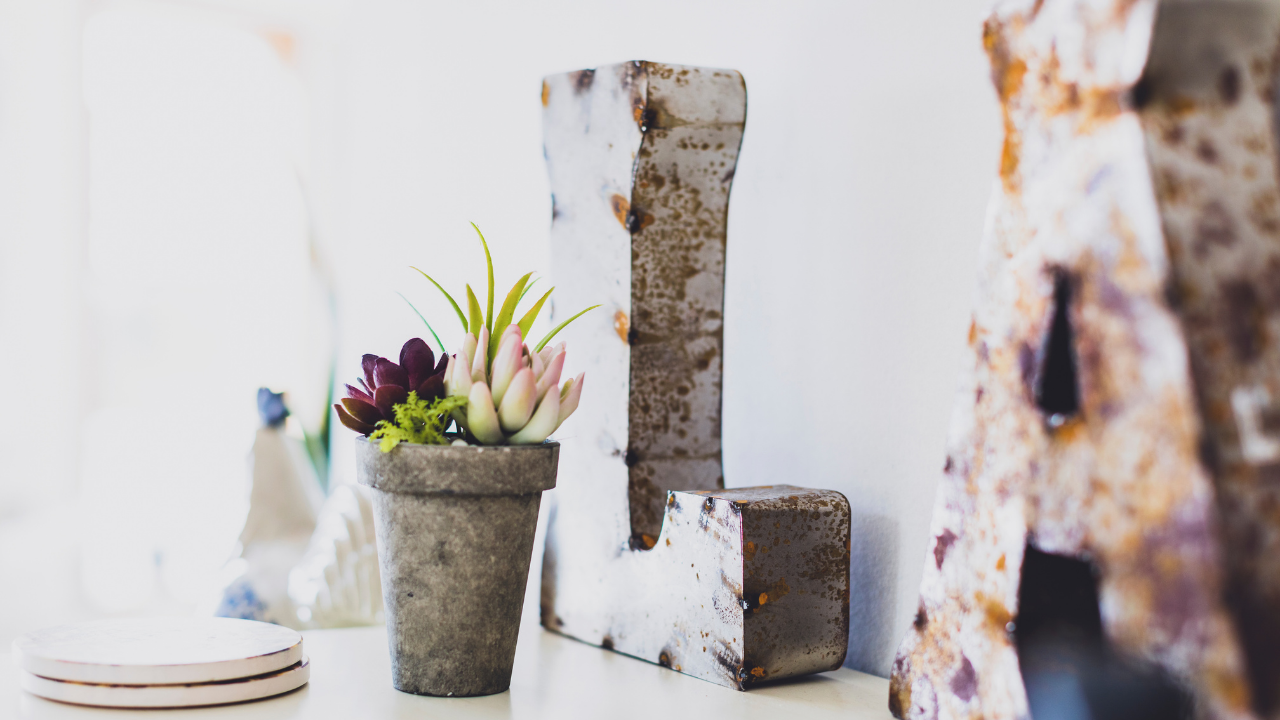Your space is your golden ticket
to manifesting your goals and dreams.
Meaning of Space shows you how to leverage your surroundings to cash in that ticket.
Take a moment to really look around you.
If you’re reading this on your phone or tablet, put your device face-down on the nearest safe surface. If you’re on your laptop, close the lid. If you’re on a desktop, get up from your desk and walk away.
What do you see?
Are there piles of laundry in your bedroom, a stack of dishes in the sink, or a collection of knick-knacks that you don’t even really see any longer?
Approach this exercise with fresh eyes. Pretend that you’re entering this space for the first time. How does it make you feel? Is it an accurate representation of who you are?
Does your space show your authentic self?

Your space is an outward reflection of your inner state.
Our homes and offices are a metaphor for our lives. Everything from the way you arrange your furniture, to the amount of clutter you have, to how clean you keep your space, is a powerful metaphor.
Your personal living space is a mirror of how you feel inside. For example, a disheveled bedroom could be indicative of relationship turmoil—or, if you’re single, the lack of desire to be in a relationship.
A lack of organization and flow in your office area could literally be holding you back from bigger success in your business, especially if you own your own business.
Now that we’re starting to understand the metaphor of space and how it reflects your inner self back to you, ask yourself again:
Do my spaces show my authentic self?
Before we go any further, let’s talk about how we, as humans, represent ourselves.
Clothes, hairstyles, the vehicles we drive—they’re all the ways we show the world who we want to be.
A quick example: If someone wants the world to know their favorite band, they’ll wear a shirt with the name of the band on it.
The expression choices we make are either driven by family patterns, societal influences, or personal preference. The more self-confident and intentional people are, the more likely their spaces authentically express them. This is why our approach at Meaning of Space begins with a person’s vision and then the space—instead of the other way around. After all, you wouldn’t go purchase a new wardrobe and then change your tastes to match it. You’d buy a wardrobe because your style preference already exists.

So what is a home?
It’s a physical structure that keeps you warm, safe, and should offer respite and comfort. But it’s more than that!
Your home is the place where you can express yourself more fully than just your clothes or your hairstyle. You can mirror your inner self through color, light, beautiful pieces of art, furniture, books, plants….the list is endless! This is your spot in the world to create and experience a deeper experience of you. Your home literally says, “This is me!”
When you design your home, you’re designing yourself.
Interior design is interior self-design.
Each person has beliefs around what a home should be—what’s in it, what it looks like, even what colors the walls should be. This is based on our interior space history—a collection of values about how space should be used and how personal possessions should be placed—which includes your house history. You can learn more about that here.
A great example of interior space history is our overall culture. One of the main differences between Western and Eastern culture is the emphasis placed on how our spaces affect our lives.

Feng Shui, clutter-clearing, and the concept of creating homes that reflect our authentic selves, is not something most people raised in Western areas experience.
Thankfully, these practices are becoming more common. More people are awakening to the possibility that unseen energies—or even how our surroundings impact our thought processes, both consciously and unconsciously— in our homes actually impact the quality and experiences of our lives. For example, when we remodel, we are literally shifting architecture and how we use a space. When we change paint color, we are changing the energy in that space. When we clear clutter, we move from holding on to the old, to being receptive to the new.

Even the items we choose to have in our homes have meaning.
Each piece has a story, so there’s a memory attached to it. And since our experiences and memories of experiences help shape who we are today, we assign value to those objects. They are a physical representation of our inner selves. These things help us define who we are, both to ourselves and to those who enter our spaces.
Over time, we stop actually seeing our spaces.
A great example of this is a story I like to call The Staircase Fork. There’s a lady—let’s call her Jane—who was very surprised when a visitor to her home noticed a fork (yes, the kind you eat with) in between the balusters. Jane knew the fork was there, but she hadn’t seen the fork in quite some time. It became part of the background noise of her everyday life.
I’m willing to bet that there’s something in your home or office like Jane’s fork. We all have the tendency to let our surroundings fade from our consciousness, because over time, we forget to center ourselves in the present and see our spaces, and therefore ourselves, with objective eyes.
So how do we overcome this?
It takes a conscious effort to sit with a simple (but loaded) question: Who am I, in relation to my space?
It may seem that there’s no time for this. You’re busy, you have a life full of responsibilities and others that need your time and attention, and the color of your walls may not seem like a priority. I get it!
But here’s why your space should be a priority:
What you surround yourself with directly impacts your energy, health, direction, and mental state. It’s the LifeSpace Mirror.
Every item in your home or office holds psychic energy. They can be triggers, either pleasant or not, that active memories or emotions.
Back to the question of Who am I, in relation to my space. Schedule a few minutes each week to really sit with this question. The asking of the question takes less than a second, so each moment after that can be used to experience all of the thoughts and ideas that come from digging deep into this area. It’s important to remember that the answers will not come all at once. This takes time, kindness to yourself, and a judgement-free mindset.
Notice how your spaces are decorated, embellished and designed (or not), when you assess your home or office and belongings. Ask yourself, Who am I and what does this space or thing have to do with me?

This is how you begin learning about the Self.
You will begin to see how your spaces support you and your future or root you in a past that may no longer be of service to you. You can change your outer world to change your inner world when you learn to see through a clear lens of curiosity about your physical domain.

Your space tends to reflect who you were.
Our homes are reflections of beliefs, values—past and present—and rarely about the future. The past you may have been dealing with trauma, grief, hurt, anger, low self-esteem, or toxic relationships with a partner or family.
You may have been in survival mode. And you did it—you survived! Let’s celebrate that!
There are also times where the only meaning behind clutter is that we’ve simply purchased too many things. A great example of this is a friend of mine who could never remember if she had enough paper towels, trash bags, or bathroom tissue. So each time she would do her weekly shopping, she would inevitably buy another roll. And over time, she ended up with way too much! Now, these items won’t go bad, but they took up more space than she had allotted for them, which means other things were displaced and ended up becoming unnecessary clutter. Not to worry, though—she now has a living system in place to avoid this!
What does all of this mean to you?
The overall message is simple: Change your space to reflect who you authentically are, who you are working toward being, and to manifest the life you want to live.<
Dreams and goals are what motivate us.
Some people have the goal of living a life of contentment and peace, and therefore choose to clear out clutter so that the energy in their home can flow freely. Visual and energetic blockages keep this goal from being obtained, which causes stress in the mind, body, and spirit—and stress is the exact opposite of peace and contentment.
Some have the goal of being successful in business. Those people would focus on creating the perfect space in their office. A beautiful desk with open, receptive spaces represents, and allows for, energy to flow in. The stack of papers, random notes with vague reminders (what does that sticky note that says ‘call the place at 1’ even mean?), and losing your favorite pen among the detritus in a drawer are distractions on every level.

When you are in a positively changed and charged environment, new information comes into your unconscious and your body.
You think, act, and feel differently.
You are able to focus on setting into motion the outcomes you envision.
Your life moves purposefully toward the transformation you are seeking.
Dr. Joe Dispenza
"We need to be greater than our environment. I’ve said that greatness is holding fast to a dream, independent of your environment—but that’s not to say we all couldn’t use a little help. So what if we could begin to cue our external environments to remind us of who we want to become? Wouldn’t these cues begin to entrain our conscious mind with the feelings and emotions of our future self? If this is the case, there’s a strong possibility that if you keep your conscious mind on what you want to achieve, your subconscious mind is also going to bring you there."

